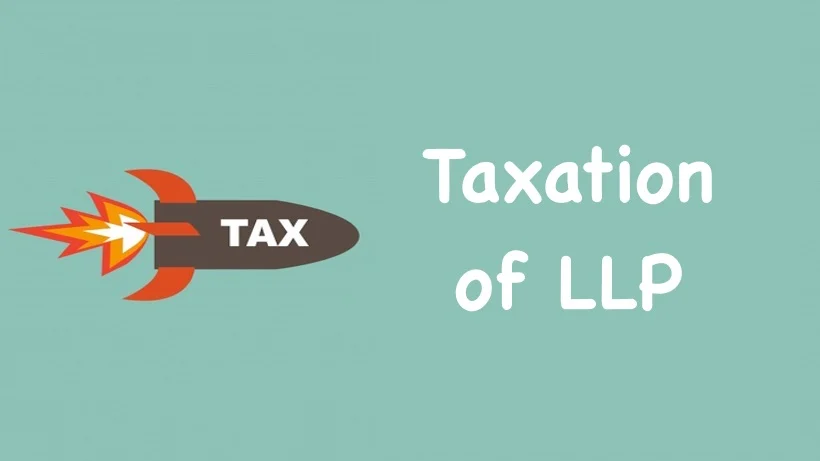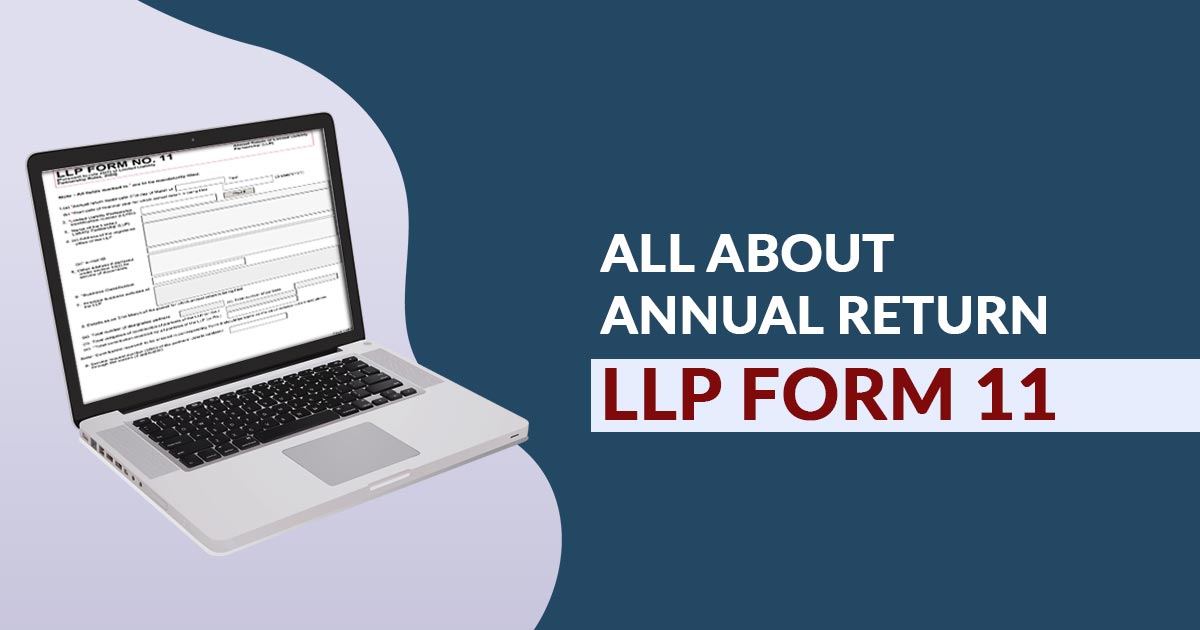Who owns LLP?
Who Owns an LLP? In the world of business structures, the Limited Liability Partnership (LLP) stands out for its blend of flexibility and protection. If you’re considering forming an LLP or just curious about how it works, understanding ownership is a key component. So, let’s dive into who owns an LLP and what that… Read More »









